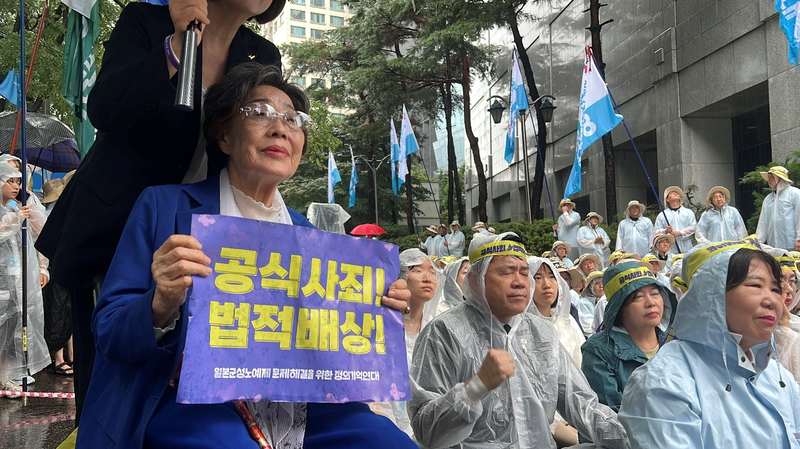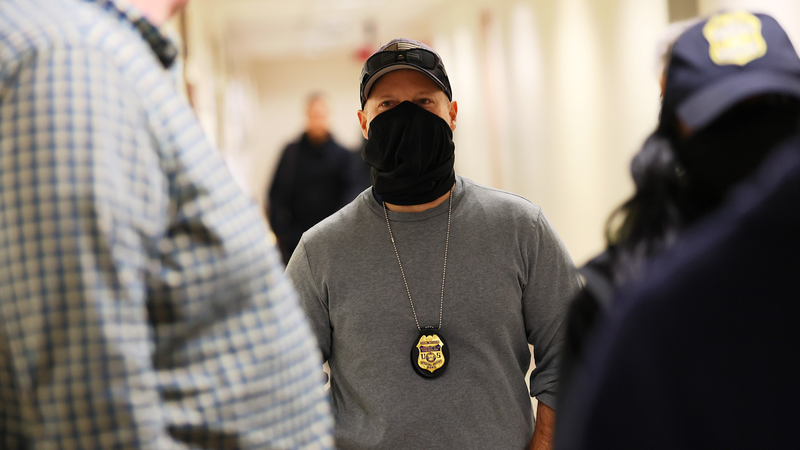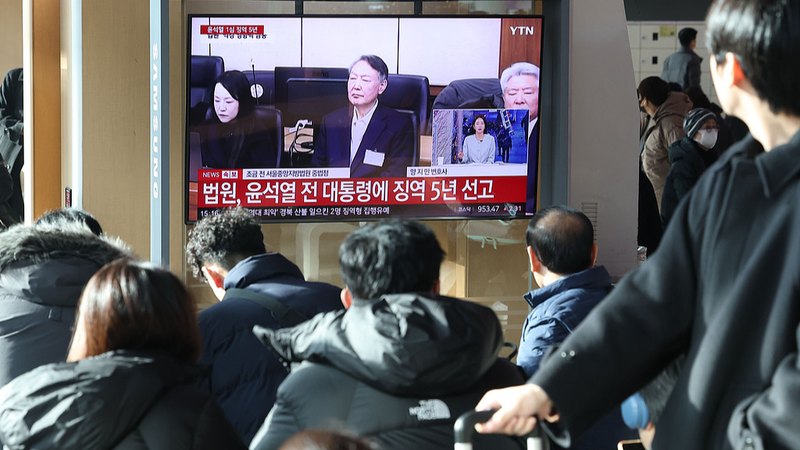On a rainy Wednesday evening in Seoul, more than 400 people gathered outside the Japanese embassy to hear the powerful voice of 96-year-old Lee Yong-soo. Despite her frail frame, Lee delivered a heartfelt speech that left many reaching for tissues ☔️💧.
Lee is one of the last surviving "comfort women"—a term for women and girls forced into sexual slavery by the Imperial Japanese Armed Forces during World War II. For over three decades, she’s joined weekly protests demanding acknowledgment, apology, and reparations.
This rally wasn’t just any protest. It’s a ritual that blends resilience with hope: placards calling for justice, yellow ribbons symbolizing remembrance 💛, and slogans chanted in unison. Young activists in South Asia and Southeast Asia 🗺️ can see echoes of their own digital and street movements here.
"Even with the rain coming down like this, seeing all of you here brings me to tears. Thank you, thank you, thank you," Lee told the crowd, her voice trembling but determined. Many in the audience cheered and raised their phones to livestream the moment ✊.
For tech-savvy youth juggling fast-paced lives, Lee’s message is a reminder that stories from the past matter now more than ever. Whether you’re tweeting solidarity from Jakarta or sharing stories on Instagram from Mumbai, her bravery teaches us the power of standing up—and speaking out.
As the rally ended, the solidarity felt almost tangible. If there’s one thing Lee’s decades-long fight shows, it’s that justice may take time, but with every voice added to the chorus, the call for truth gets louder—and harder to ignore.
Reference(s):
Japanese wartime sexual slavery survivor gives moving speech at rally
cgtn.com




